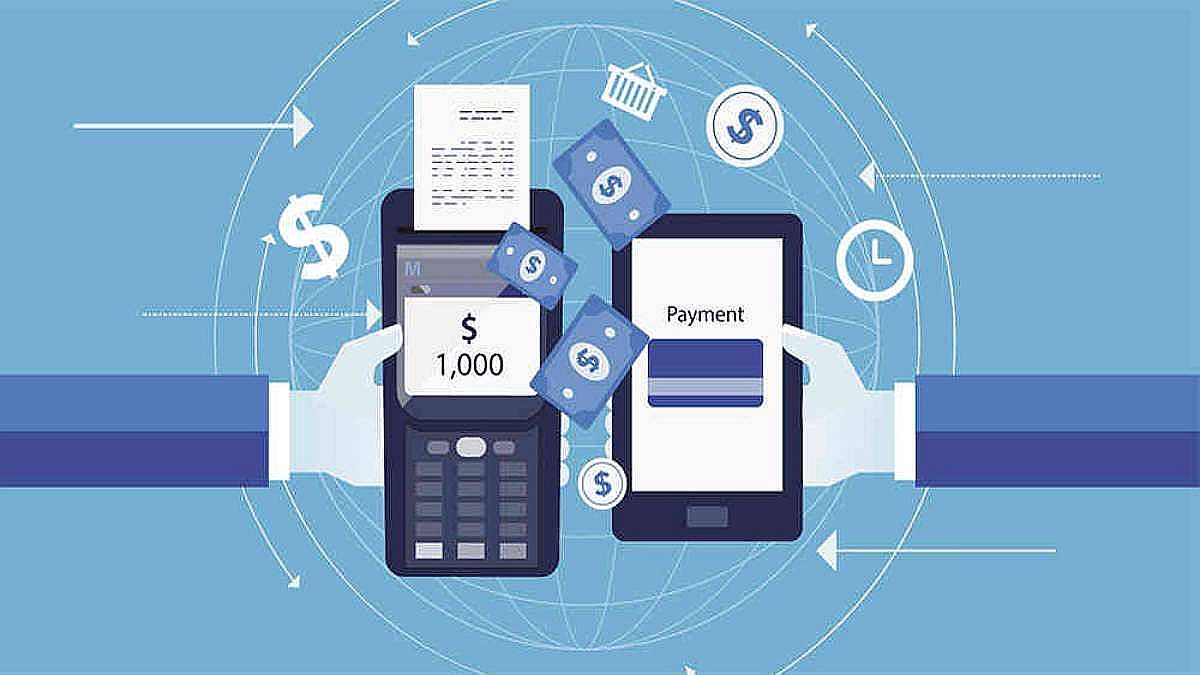But the fintech world not only encompasses digital wallets, but companies also offer personal loans, financing, insurance, prepaid cards and debit cards, among other things.
All these issues were debated during the panel “Fintech, banks and means of payment”, organized by EFI WEEK 2021 and moderated by Ámbito journalist Mariana Leiva, where Juan Pablo Boccardi, leader of Acquisition and Digital Pocket of Banco Supervielle; Bruno Pisani, Head of Market Development at MasterCard and Santiago Sánchez, Head of User Experience at Naranja X, at the m
Boccardi, from Supervielle, recognized three stages in the relationship of Fintech companies with traditional banks: first of enmity where the new companies came to attack the weak points of financial institutions, then of cooperation thought as two great allies in financial inclusion and, currently, as a competition where there are moments of collaboration and business niches where they are competition.
Regarding this evolution, Bruno Pisani, from MasterCard, emphasized that the coronavirus pandemic was a “important accelerator for the Fintech universe”.
Coincidentally, Santiago Sánchez, from Naranja X, stated that “the great advantage that Fintech has brought is that they are solutions that are available to anyone. It is a very strong synergy between experience and technology that allows the consolidation of solutions ecosystems where the proposals are increasing.”.
Boccardi considered that users “force service companies to replicate the levels of experience they have in their daily lives. This seamless experience from other companies is replicated in the financial system”. As a second item, he pointed to the transparency that he considered the “greatest strength of Fintech companies” and the great division with the more traditional banks.
Third, he remarked that he noticed that users “are very reluctant to packaged solutions that do not allow depersonalized care but rather seek that the options are adapted to their needs.”
Along these lines, Pisani added to that list the concepts of convenience, related to the real desire of consumers and that of convergence. “Companies are catching up with user demand. The consumer is king and has a lot to choose from. It has to do with experience. We can adopt and discard platforms very quickly when it was more difficult before, ”explained MasterCard’s Head of Market Development.
Sánchez de Naranja X followed his fellow panelists and highlighted that “today there is much more accustomed to using digital platforms for everything and there is also a need for the user to feel that they have control to do so”.
“In the case of Fintech, this requirement ends up being more logical and more difficult to achieve than Netflix or other platforms,” Sánchez stressed and highlighted that the other two points to take into account are the issue of security and good quality at the same time. Time to respond to problems in the most humane way possible: “We have to find a balance between what we solve digitally and what we don’t.”
On the other hand, Pisani stressed the need to “have clear rules so that everyone knows what is charged and to whom”.
“For the first time, with the pandemic, the extraction of cash was reduced. That means that they are using the platforms provided by Fintech ”, emphasized Pisani and provided a piece of information that shows the role of this segment in financial inclusion:“ Ualá emerged as the main provider of financial services for Ciudad Oculta ”.
One of the most important topics of the panel was the synergy between the different Fintech companies that will be able to be carried out from next November 29 within the framework of the Central Bank’s Transfer 3.0 program.
“Beyond individual politics, the BCRA has maintained financial inclusion as a State policy. The Central Bank led this project and put all the players in the financial system at the same table with the aim of generating solutions, ”Boccardi remarked, emphasizing that even the monetary authority“ challenged the Fintech companies and forced them to work against the clock and that. he got the most out of the companies ”.
Regarding Transfer 3.0, Sánchez assured that “all initiatives that contribute to providing more and better solutions to customers in a more agile way are always welcome” and pointed out that the program “opens the doors to interoperability.”
“Solve. You should not think if you have the correct app to pay on that side. You can pay with the wallet that each one chooses. It brings us closer to open banking ”, explained the head of User Experience at Naranja X.
On the same subject, Pisani from MasterCard said: “We support it with all our strength because we have a common enemy which is cash. We need people to get out of the habit of using cash“And added that” what matters to us is that people understand that they can make transactions without using cash and with tools that can solve their lives. “
Source From: Ambito
David William is a talented author who has made a name for himself in the world of writing. He is a professional author who writes on a wide range of topics, from general interest to opinion news. David is currently working as a writer at 24 hours worlds where he brings his unique perspective and in-depth research to his articles, making them both informative and engaging.




